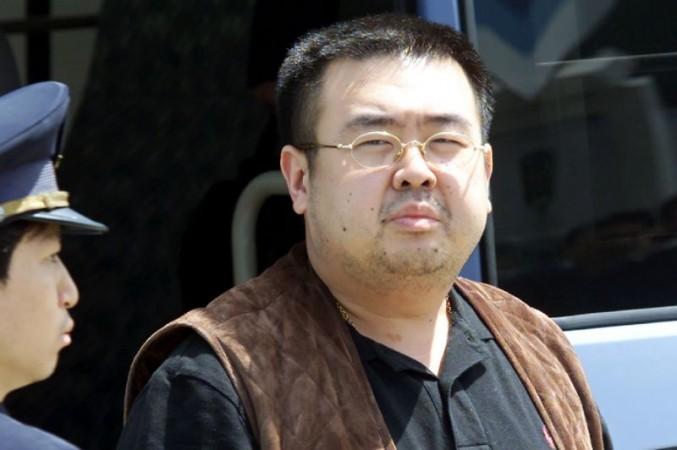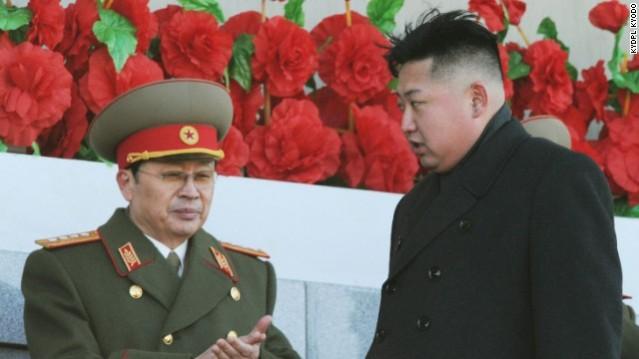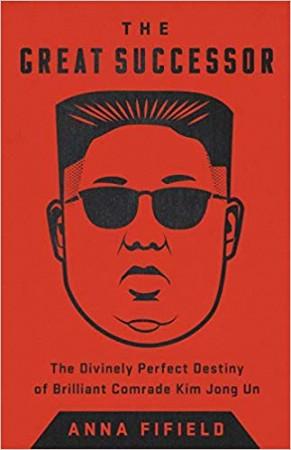
The slain half-brother of North Korean Leader Kim Jong Un was an informant for the US Central Intelligence Agency (CIA), a media report said. Kim Jong Nam, who died after being exposed to VX nerve agent at Kuala Lumpur International Airport in 2017, collaborated with the US spy agency, the Wall Street Journal reported on Monday.
However, many details of Kim Jong Nam's relationship with the CIA remained unclear, the journal reported, citing a person with knowledge of the matter. The journal said that Kim was 'almost certainly' in contact with the security services of other countries, particularly China's.
The report also said some US officials doubted if Kim was able to provide secret details regarding North Korea as he lived outside the country.
The murder
In February 2017, two women poisoned Kim Jong Nam by smearing his face with liquid VX, a chemical weapon banned by the Chemical Weapons Convention of 1993. The women, Vietnamese Doan Thi Huong and Indonesian Siti Aisyah, were arrested by Malaysian authorities on charges of 'voluntarily causing hurt by dangerous weapons or means'. Upon interrogation, they claimed that they thought they were a part of a TV prank. Huong also claimed that she was instructed by four men who disappeared after the incident. The Malaysian authorities released Siti Aisyah in March and Doan Thi Huong in May.
Despite Pyongyang's denial of its role in the incident, it was widely known that Kim Jong Nam's murder was an assassination carried out by his half-brother, Kim Jong Un.
The North Korean regime is known to have executed many suspected political adversaries. Jang Song Thaek, the young ruler's uncle and a high-ranking official, was executed in Pyongyang in 2013. Charges including treason and corruption were cited as reasons for his execution.

In 2018, Jung H. Pak of the Brookings Institute said in a report titled 'The education of Kim Jong-un" that Kim Jong Nam was most likely murdered on Jong Un's orders.
Kim Jong Nam's fall from grace
Kim Jong Nam, the eldest son of North Korean leader Kim Jong Il, was appointed to a senior position in the Ministry of Public Security of North Korea in 1998. However, in 2001, following an incident in which he was arrested in Japan for attempting to visit Tokyo's Disneyland with his family, his assumed position as the future leader fell apart.
Jong Nam was also an outspoken critic of the regime. In a series of emails with the editor of Tokyo Shimbun in 2012, he revealed that the reason behind his expulsion was that was an advocate for reforms. He also said he had been termed a 'capitalist' by his father, Jong Il.
Following his death, analysts raised concerns that after Kim Jong Nam, his son Kim Han Sol, who is believed to be under US protection, could be the regime's next target. Han Sol, being the eldest son of Kim Jong Nam, is the direct heir according to the North Korean hierarchical traditions.
With his current whereabouts unknown, Han Sol who, in his early 20s, is believed to have graduated from the Sciences Po university in France in 2016. Known to have publically criticised the leadership of his uncle and championing Korean reunification, he is considered to be a threat to the North Korean leadership.
The CIA papers
The news of Kim Jong Nam's role as a CIA informant also came a day before the official release of a book that claims the same. In a book titled "The Great Successor," Washington Post reporter Anna Fifield claimed that Kim Jong Nam usually met his 'handlers' in Singapore and Malaysia.

The book also mentioned that in his last trip to Malaysia, the footage from security cameras of a hotel elevator showed him with an "Asian-looking man" who she claims to be a US intelligence agent. Fifield claimed that the $120,000 in cash that Nam was carrying in his backpack could have been the payment in exchange for intelligence-related activities, or earnings from his casino businesses.
But the sources WSJ talked to were not certain if Km Jong Nam travelled to Malaysia in February 2017 to meet his CIA contact.

















